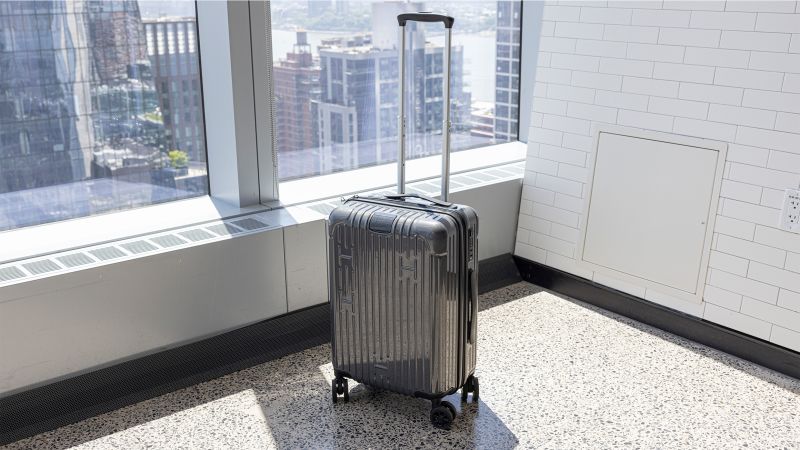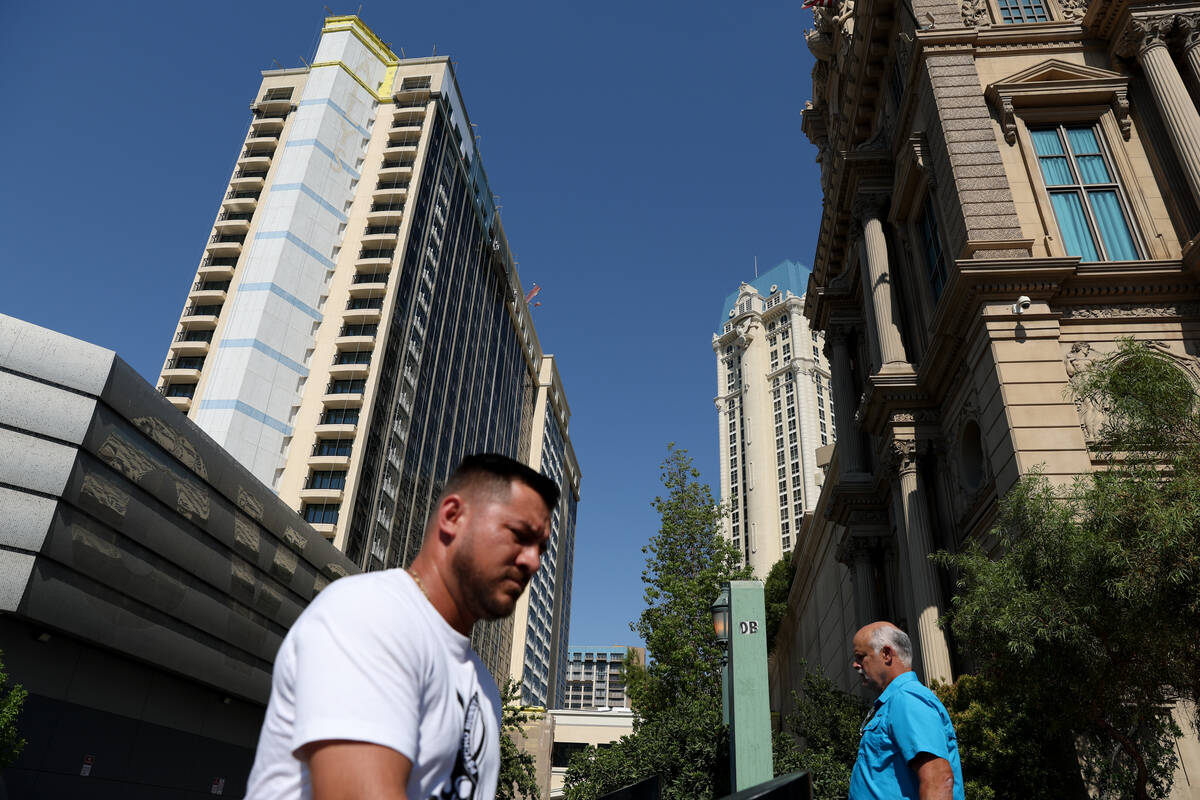Sri Lanka is a destination that has it all. This teardrop-shaped island off the coast of India has seen its share of difficulties, but in the past two years it has emerged as one of the most vibrant and exciting countries for travel. Tourist arrivals in the first half of 2024 are up 60% compared to the same period in 2023, a promising sign for this resilient nation.
The Dondra light house on the southern tip of Sri Lanka.
With awe-inspiring cultural attractions, sacred pilgrimage sites, tea plantations and laid-back beach towns, Sri Lanka is a thrilling country that appeals to all kinds of travelers — from families and honeymooners to foodies and surfers. Time Out even ranked Sri Lanka the #1 best place to visit for solo female travelers. Have we piqued your interest? Here’s everything you need to know to plan a perfect trip to Sri Lanka.
Seasons
Located south of India and east of the Maldives, Sri Lanka is a tropical country close to the equator. It has two monsoon seasons: the Southwest Monsoon from May to September and the Northeast Monsoon from December to February.
Logistics
Cinnamon Air, Sri Lanka’s largest domestic air carrier, makes traveling throughout Sri Lanka a breeze. The airline offers daily scheduled flights to popular destinations (a 30-minute flight to Sigiriya will save you a 5-hour drive) and exclusive charters at competitive prices. Cinnamon Air has three aircraft, including two seaplanes, ensuring flexibility in landing in different terrains, such as Castlereagh’s natural reservoir or Koggala Lake in the south.
Cinnamon Air offers air taxi services throughout Sri Lanka.
If you prefer to travel by land, there are many taxi services available throughout Sri Lanka and the roads are surprisingly well-maintained. In Colombo, you can use Uber, the PickMe app or tuk tuks to move around. For longer rides, local companies like TinyCabs and BlueSky Galle Taxis are available for ground transfers and tours throughout the country.
Tuk Tuks are a popular method of transportation in Sri Lanka.
Sri Lanka is also famous for its trains but be sure to book your tickets early — the famous Kandy to Ella train ride books out a month in advance. You can reserve tickets directly on 12Go or use a booking service like Visit Sri Lanka Tours who can purchase tickets on your behalf with a mark-up. In both cases, you’ll need to stop by one of Sri Lanka’s train stations with your reservation in hand in order to print out your original tickets. Tip: second class reserved seats are ideal because you can keep the windows down for the best views!
A train driving through Sri Lanka’s Hill Country.
Sri Lanka is unique for a myriad of boutique, locally-owned properties dotted throughout the country. If you need help choosing where to stay, We Stay Ceylon has a handpicked collection of unique properties throughout the island and can help design a personalized itinerary as well.
Sri Lanka’s Cultural Triangle
Although many people will flock to Sri Lanka for its surf scene, it is worth spending time exploring the island’s cultural triangle as well. Located in the fertile center of the country, this area is a testament to Sri Lanka’s longstanding heritage and boasts five UNESCO Sites, each worth visiting.
Sigiriya, also known as Lion Rock, is Sri Lanka’s most famous UNESCO World Heritage Site.
Sigiriya is Sri Lanka’s uncontested jewel. An ancient rock fortress that rises 600 ft above a canopy of thick jungle, it served as Prince Kashyapa’s 5th century royal palace before being used as a Buddhist monastery. If you have time, it’s also worth climbing Pidurangala Rock which lies directly in front of Sigiriya: this other mountain is a nature reserve and best suited for intrepid travelers.
Anuradhapura is a sacred heritage city in Sri Lanka.
To the north of Sigiriya lies Anuradhapura, Sri Lanka’s first capital founded in the 4th century which flourished for over 1,000 years. With large stupas and a sacred fig tree (a descendent of the original Bodhi tree under which Buddha attained enlightenment), it remains an important pilgrimage site.
You can also visit Sri Lanka’s second capital, Polonnaruwa, which features monumental ruins built between the 11th to 13th centuries. The ruins are spread over 1,100 sq miles and include intricately carved palaces, city council buildings and evocative shrines. Nearby, art lovers shouldn’t miss Dambulla’s five painted caves featuring over 150 statues of the Buddha.
The painted cave temples of Dambulla.
On the southern end of the Cultural Triangle is Kandy, the last capital of the ancient kings and today the second-largest city after Colombo, the capital. Kandy is home to the Temple of the Sacred Tooth Relic which is believed to shelter one of the Buddha’s teeth. Three ceremonies are performed here each day and travelers are welcome to join to experience this unique tradition.
Hill Country
As you depart south from Kandy, you’ll come across Sri Lanka’s verdant Hill Country. While the island may be known for its tropical temperatures, it is also the fourth largest producer of tea in the world — a feat for a relatively small territory. This is thanks to its cool, misty mountains around cities like Nuwara Eliya, Ella and Hatton.
Tea plantations near Nuwara Eliya, Sri Lanka.
Introduced by the British in the 19th century, after a coffee rust fungus devastated the country’s coffee plantations, tea remains a ubiquitous part of Sri Lankan culture. Referred to as Ceylon Tea, the country’s colonial name, black tea is dominant in Sri Lanka’s over 400 tea plantations. Tea is still plucked by hand by a highly skilled workforce of primarily Tamil women whom you will see hard at work throughout the country’s technicolor, undulating plantations.
Plucking tea in Nuwara Eliya.
In Nuwara Eliya, pay a visit to Pedro Tea Estate, while in Ella, it’s worth taking a short tuk-tuk ride to Uva Halpewatte for an educational factory tour. Trains were developed to help transport goods, including tea, from the inland regions to coastal ports, so be sure to take a train ride while you’re in the area. The Kandy-Ella line is the most famous and sells out quickly so look into alternative options like Nuwara Eliya to Hatton where you can relax by the spectacular Castlereagh Reservoir, a truly otherworldly scene.
The Coast
Sri Lanka’s coastline covers 800 miles so sunbathers and surfers will be spoiled for choice. Where you go will depend on the season. If you visit between December and April, head south and west where Sri Lanka’s tourism is most developed. Stretching from Colombo down to Tangalle, there are dozens of beach towns worth visiting so you’ll need to make some choices.
Surf beach Hiriketiya, Dikwella, Sri Lanka.
Bentota, home to landscaped garden villas Lunuganga and Brief Garden, will delight architects and culture hunters. Hikkaduwa is popular for its turtle hatchery and Tsunami Museum which commemorates those lost during the deadly tsunami which killed over 30,000 people in Sri Lanka in 2004.
Galle, a fortified Dutch-Portugese town is a must-see for its colonial architecture and many boutique hotels while Ahangama is the newest hip locale with lively bars, concept shops and cool hotels. Weligama and Mirissa have been popular surf destinations for the past decade and many whale watching excursions leave from here. Further east, Hiriketiya is another small surf paradise with beach clubs and cool cocktail lounges where you can hang out until the early hours.
Galle Fort, Sri Lanka.
For unique nature and culture excursions along the southern coast, reach out to Donga. Founded by four friends, this small, sustainable tour company offers immersive tours of Koggala Lake’s mangroves, rainforest treks through Sinharaja, pottery experiences, walking tours and more.
If you visit between May and November, you’ll have better chances of sunshine along the northern and eastern coasts. Trincomalee, Batticaloa and Arugam Bay are the most popular resort towns in this area.
Safari
A Ceylon leopard.
Sri Lanka has the highest biodiversity in Asia which you can enjoy viewing across its 25 National Parks dotted throughout the island. Yala National Park is the most famous, with the highest density of leopards in the world, though its popularity also means it’s quite crowded. Other options include Minneriya, located close to Sigiriya (perfect for a half-day tour) and Udawalawe, known for its large population of Asian elephants.
Elephants in Udawalawe National Park in Sri Lanka.
Other animals you can see throughout national parks are sloth bears, water buffalo, spotted deer, jackals and monitor lizards. Sri Lanka is also a great place for birding — peacocks are ubiquitous and you’re likely to see the Sri Lankan Junglefowl alongside migratory birds like flamingos and herons.
Colombo
An aerial view of Colombo and the Lotus Tower.
Most trips to Sri Lanka will begin or end in Colombo, and it’s worth spending a couple of nights in the capital to soak in its buzzing energy. Highlights include the iconic red-and-white striped Jami Ul-Alfar Mosque, the Dutch Hospital Shopping Precinct located in a colonial-era hospital, and the Colombo National Museum which provides a historical and cultural introduction to the country.
To learn more about Sri Lanka’s more contemporary history, visit Geoffrey Bawa’s Residence Number 11, Sri Lanka’s most renowned architect celebrated for his “tropical modernist” style, and shop for artisanal crafts at boutiques like Barefoot Gallery and Urban Island.
Looking for more? Discover Sri Lanka’s best coastal hotels and countryside properties.








